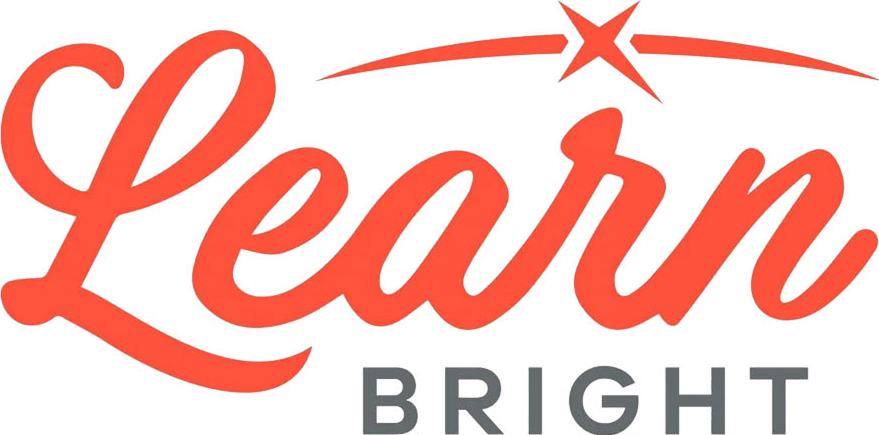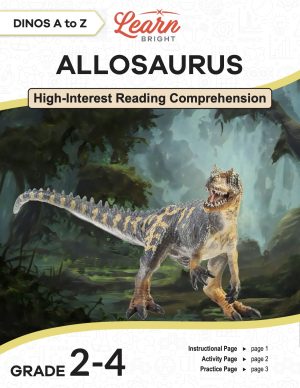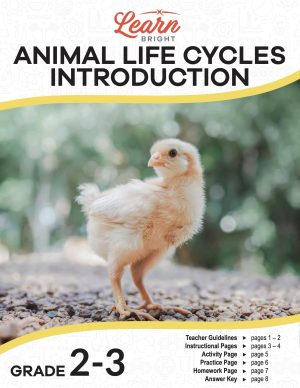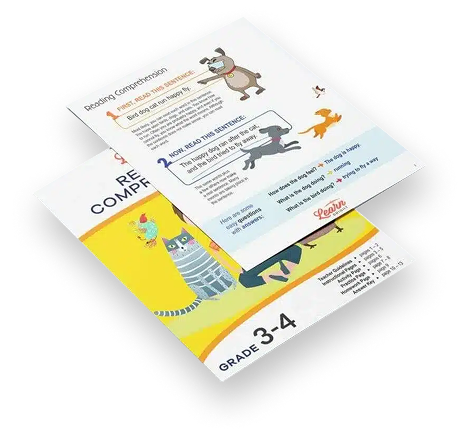Description
What our Describing Story Events lesson plan includes
Lesson Objectives and Overview: Describing Story Events helps students practice using key details to describe a story’s characters, settings, and significant events. Students will explain how characters in a story respond to major events and challenges. Finally, they will illustrate a story’s overall structure, including how the beginning introduces the story and how the ending concludes the action (graphic organizer). This lesson is for students in 1st grade and 2nd grade.
Classroom Procedure
Every lesson plan provides you with a classroom procedure page that outlines a step-by-step guide to follow. You do not have to follow the guide exactly. The guide helps you organize the lesson and details when to hand out worksheets. It also lists information in the yellow box that you might find useful. You will find the lesson objectives, state standards, and number of class sessions the lesson should take to complete in this area. In addition, it describes the supplies you will need as well as what and how you need to prepare beforehand. For this lesson, you’ll need scissors, construction paper, and glue sticks.
Options for Lesson
You can check out the “Options for Lesson” section of the classroom procedure page for additional suggestions for ideas and activities to incorporate into the lesson. Younger students like learning to read stories. However, they often don’t know the elements of a story. Understanding the elements is the key to comprehension and enjoying reading. Young students love to act! One option for this lesson is to have the students perform a short play. At the end of the play, point out to students the characters, setting, and action. Students will experience the vocabulary through active participation.
Teacher Notes
The paragraph on this page provides a little more information or guidance on what to expect from the lesson. You can use the blank lines to record any thoughts or ideas you have as you prepare.
DESCRIBING STORY EVENTS LESSON PLAN CONTENT PAGES
The Describing Story Events lesson plan contains two interactive content pages. Students will respond to prompts on these pages to practice analyzing the images they see. Vocabulary words are bolded, so you can spend some time talking about what those words mean.
DESCRIBING STORY EVENTS LESSON PLAN WORKSHEETS
The Describing Story Events lesson plan includes three worksheets: an activity worksheet, a practice worksheet, and a homework assignment. Each one will help students solidify their grasp of the material they learned throughout the lesson. You can refer to the classroom procedure guidelines to know when to hand out each worksheet.
CATEGORIZE ACTIVITY WORKSHEET
Students will read through 22 statements. They must decide if the statement applies to the introduction, characters, setting, action, or conclusion. They will cut out all the statements and the element headings. After gluing the elements at the top of a piece of construction paper, students will glue the statements under the heading they apply to.
DESCRIBING STORY EVENTS PRACTICE WORKSHEET
For the practice worksheet, students will read a short story about Sara. However, the story is incomplete. Students will fill in the boxes at the bottom of the page. They will also decide what they think happens next in the story.
DESIGN A STORY HOMEWORK ASSIGNMENT
The homework assignment requires students to develop a story based on the image at the top of the page. Students will look at the picture and come up with who the characters are, what the setting is, and what happens in their story. They will fill in the boxes at the bottom of the page.
Worksheet Answer Keys
The lesson plan includes answer keys for the practice and homework worksheets. Students’ responses will vary given the nature of the prompts, but sample responses are provided. If you choose to administer the lesson pages to your students via PDF, you will need to save a new file that omits these pages. Otherwise, you can simply print out the applicable pages and keep these as reference for yourself when grading assignments.









